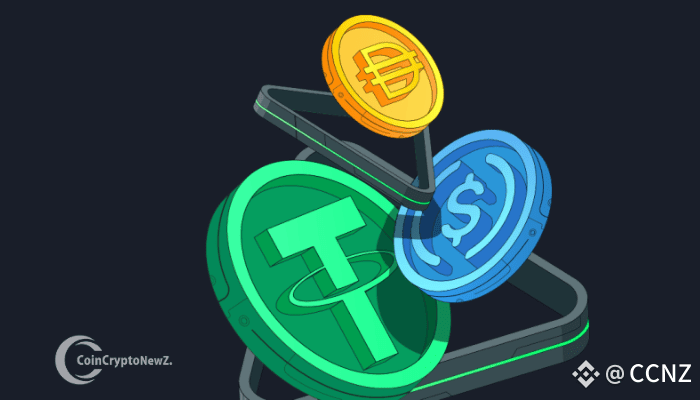
Coinbase and PayPal offer 4% and 3.7% APY on USDC and PYUSD, bypassing the GENIUS Act by using revenue-sharing models.
The companies avoid issuer status, with Circle issuing USDC and Paxos handling PYUSD.
Regulatory shifts, like the dropped SEC probe, may support this strategy, though future scrutiny looms.
The cryptocurrency landscape is buzzing with the latest developments surrounding the GENIUS Act, a law passed last month that prohibits stablecoin issuers from paying interest or yield to holders.
Designed to differentiate stablecoins from traditional bank deposits, the legislation has sparked innovative workarounds by major players like Coinbase and PayPal.
According to Decrypt, despite the GENIUS Act’s ban on stablecoin interest, Coinbase and PayPal continue offering rewards on USDC and PYUSD, with about 4% and 3.7% APY, respectively. Both argue that they are not actual issuers and that the rewards come from platform revenue…
— Wu Blockchain (@WuBlockchain) August 5, 2025
Despite the ban, both companies continue to offer lucrative rewards—4% APY on USDC for Coinbase users and 3.7% on PYUSD for PayPal and Venmo customers—by classifying these as platform revenue-sharing incentives rather than issuer interest.
The key to this strategy lies in their issuer status. Coinbase, which once co-developed USDC with Circle, stepped away from issuing the stablecoin in 2023, leaving Circle as the sole issuer. Similarly, PayPal outsources PYUSD issuance to Paxos, a third-party firm. This separation allows both companies to argue they fall outside the GENIUS Act’s scope. During recent earnings calls, Coinbase CEO Brian Armstrong emphasized that the rewards are a “differentiated product” driving customer loyalty, while PayPal’s James Alexander Chriss highlighted the program’s role in attracting new users.
The Trump administration’s decision to drop a 15-month SEC investigation into PYUSD in April 2025 further signals a softening regulatory stance, bolstering their approach.However, this loophole raises questions about long-term sustainability. Industry analyses, including Messari’s report on a $28 trillion U.S. Treasury market impact from stablecoin flows, suggest these rewards could boost adoption. Yet, regulators may scrutinize the “rewards” versus “interest” distinction as financial laws evolve.
A Senate staffer noted the GENIUS Act targets issuers to clarify stablecoins’ payment role, not secondary market practices, leaving room for future legal challenges. For now, Coinbase and PayPal’s bold move positions them as leaders in the stablecoin race, potentially reshaping crypto adoption. Investors and users alike will watch closely as this legal tightrope walk unfolds.
Disclaimer: This article is for informational purposes only and does not constitute financial advice. CoinCryptoNewz is not responsible for any losses incurred. Readers should do their own research before making financial decisions.
<p>The post Coinbase and PayPal Navigate GENIUS Act with Stablecoin Rewards Loophole first appeared on Coin Crypto Newz.</p>

